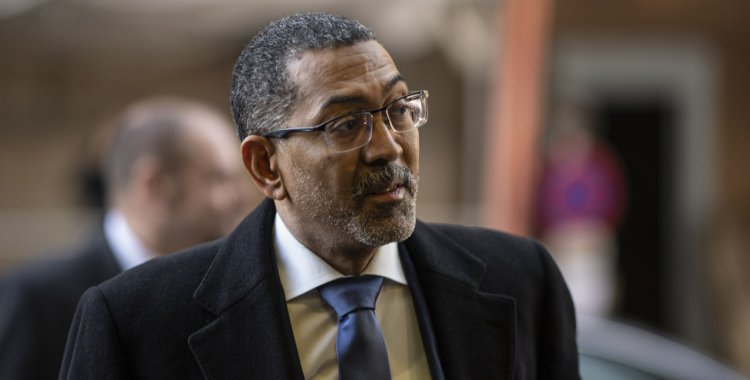"Angola's exit mirrors the limited impact that the exit of other producers had in recent years, such as Indonesia, Qatar or Ecuador, but shows problematic developments for the club", writes well-known energy analyst Javier Blas, in Bloomberg.
"The announcement, with the Government of Luanda openly showing its frustration with the cartel, reveals a well-known secret, according to which several OPEC members are unhappy with the direction the group has been following in recent years, under the leadership of Saudi Saudi Arabia", says Blas, pointing to Saudi Arabia's desire to keep the price of oil close to 100 dollars per barrel, which limits production in other countries.
The limitation of production gives rise to the second major criticism that the analyst says is made in private: Saudi Arabia does not listen to criticism from other members, firstly because it is the world's largest producer, and secondly because "it tries to silence any criticism and force countries to be submissive".
This line, argues the analyst, is led by the United Arab Emirates, which produces 3 million barrels per day, but could reach four or even five million daily production, and therefore, he concludes, "the risks for the future of OPEC they start in Luanda, but in fact they go, in a much more dangerous way, to Abu Dhabi", the capital of the Emirates.
Despite this deeper analysis of the intricacies of OPEC (Organization of Petroleum Exporting Countries), analysts agree that Angola's departure from the organization, announced on Thursday due to limited production for next year, will have little or no impact.
"Angola's decision to leave OPEC is not exactly unexpected taking into account the discussions that have taken place in recent months about its production quota", says the chief economist at consultancy Eaglestone.
Speaking to Lusa, Tiago Dionísio admits that, "despite being able to jeopardize a certain cohesion among the cartel members, Angola's decision will not exactly have an impact on the prospects for crude oil production" and recalls that "the country already was producing very close to its maximum capacity".
"There is no impact on supply forecasts, since Angola was already producing at maximum capacity, and was not limiting production due to quotas", points out consultant Richard Bronze, from Energy Aspects, cited by Bloomberg.
It has "no direct impact on quotas or production plans for other OPEC+ countries", he adds, referring to the group of 10 OPEC allied countries, including Russia, in the strategy for defining prices and production.
The decision announced by the Minister of Mineral Resources, Oil and Gas, Diamantino de Azevedo, comes a few days after the President of the Republic paid a visit to the United States of America, which publicly criticizes OPEC policies, and in the context of northern investments -Americans in the Lobito Corridor.
It also comes after several months in which Angola has defended an increase in its oil production, contrary to the interest of the largest producers in increasing global prices.
OPEC+ presented, at the meeting in early December, a target of 1,110 thousand barrels per day, while Angola wanted to produce an additional 70 thousand barrels.







